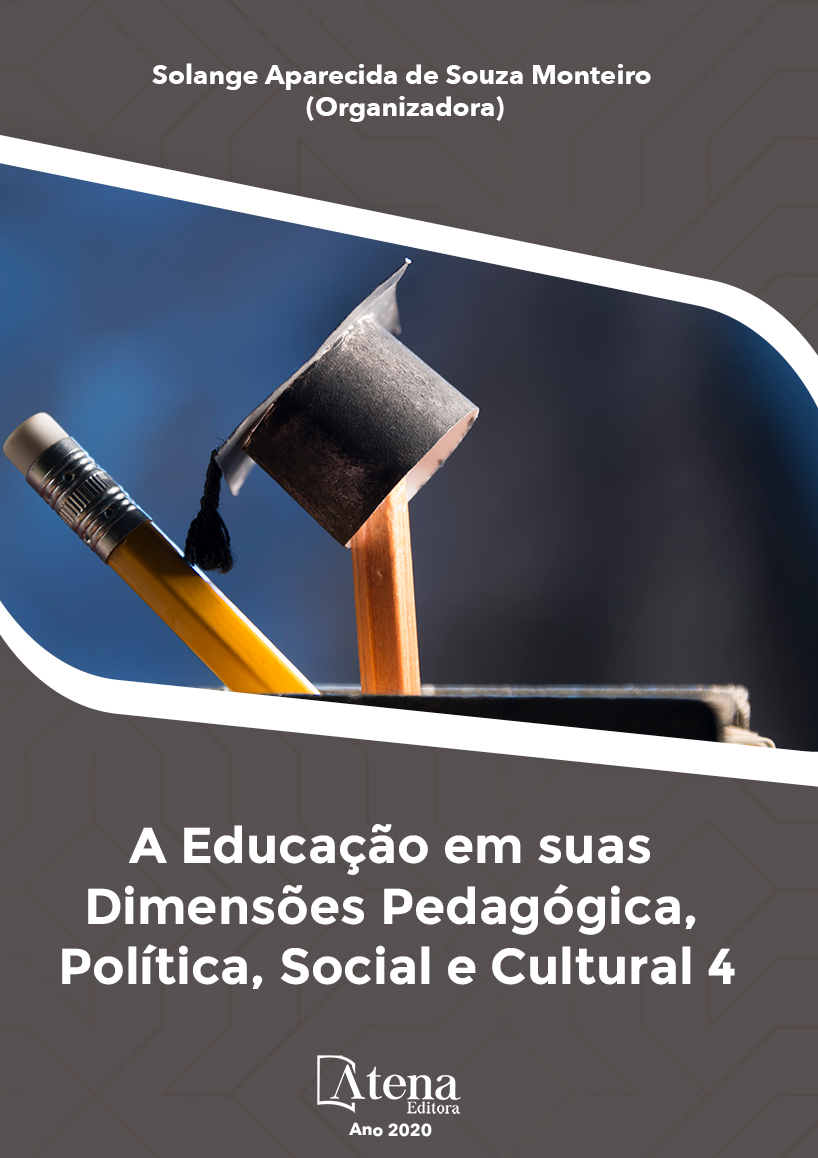
Tecnologias da Informação no Ensino de Química
O avanço tecnológico e as tecnologias da Informação e Comunicação têm provocado inúmeras mudanças na forma de aprender e de ensinar. Sabemos o quanto a educação formal escolarizada tem se esforçado para acompanhar tais mudanças nas diversas áreas do conhecimento. este estudo se volta para identificar como a utilização das tecnologias tem auxiliado no ensino e aprendizagem do componente curricular química. Utilizamos a metodologia da pesquisa exploratória no sentido de identificar a situação real das instituições estudadas. O trabalho de campo foi realizado por meio de questionários aplicados a oitenta professores de vinte e oito escolas públicas de algumas regiões administrativas do Distrito Federal. Percebe-se que a realidade das escolas públicas do Distrito Federal ainda está distante daquilo que encontramos como ideal educacional para atualidade. Identifica-se que os docentes da rede pública reconhecem a importância das ferramentas tecnológicas para realização de uma educação mais atualizada, mas ao mesmo tempo se sentem incapazes de realizar algo diferente do que já fazem em função de uma infraestrutura muito precária.
Tecnologias da Informação no Ensino de Química
-
DOI: 10.22533/at.ed.30620130223
-
Palavras-chave: Ferramentas Tecnológicas. Ensino de química. Escolas do Distrito Federal.
-
Keywords: Technological Tools; Chemistry teaching; Schools of the Federal District.
-
Abstract:
Technological advancement and the new Information and Communication Technologies have caused numerous changes in the way of learning and teaching. We know how formal schooling has been struggling to keep pace with such changes in the various areas of knowledge. Our study turns to identify how the use of new technologies has aided in the teaching and learning of the chemical curricular component. We used the exploratory research methodology to identify the real situation of the studied institutions. Fieldwork was carried out through questionnaires applied to eighty teachers from twenty-eight public schools in some administrative regions of the Federal District. It is noticed that the reality of the public schools of the Federal District is still far from what we find as educational ideal for the present. It is identified that public school teachers recognize the importance of technological tools to carry out a more up-to-date education, but at the same time they feel incapable of doing something different from what they already do because of a very precarious infrastructure.
-
Número de páginas: 12
- Eder Alonso Castro


